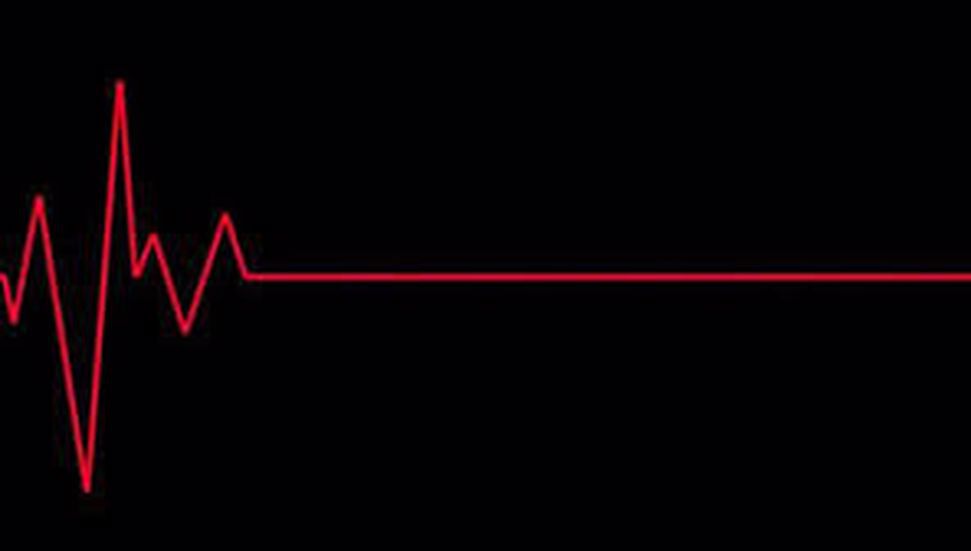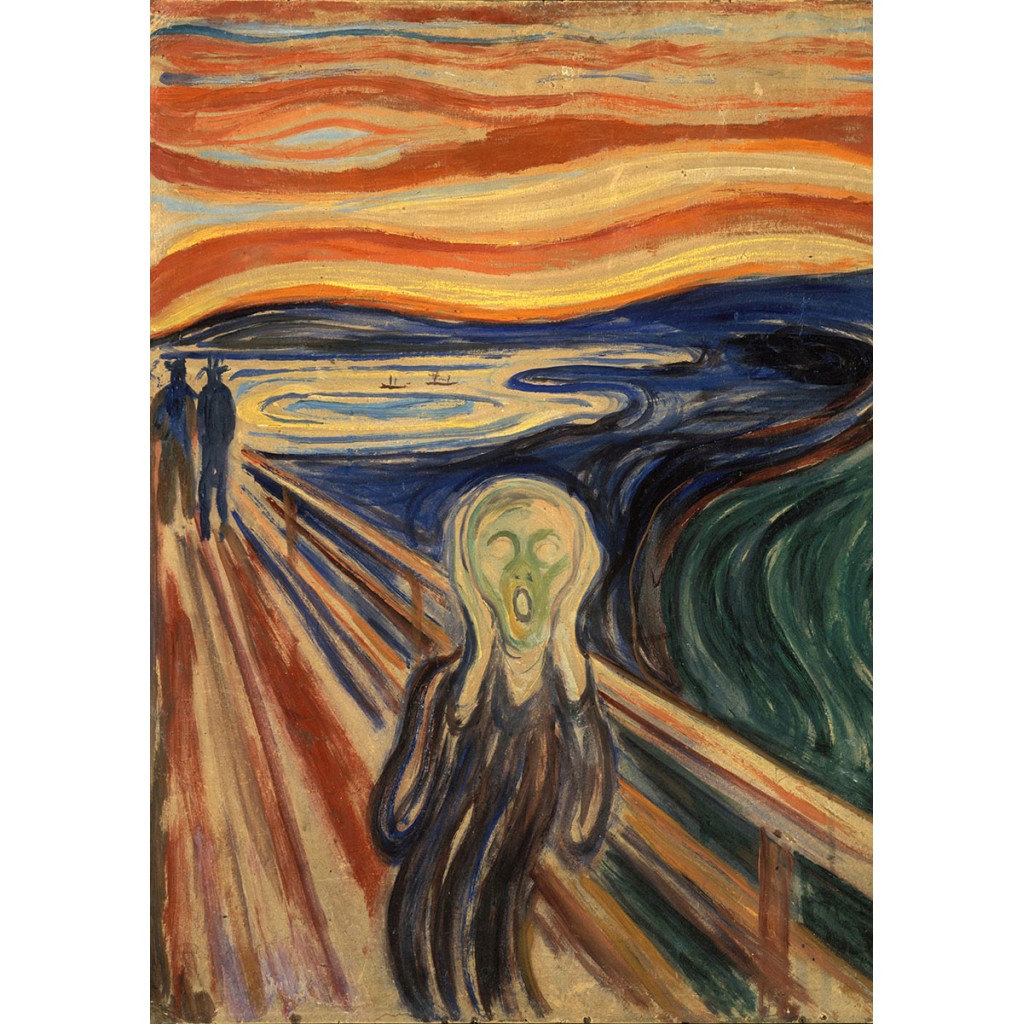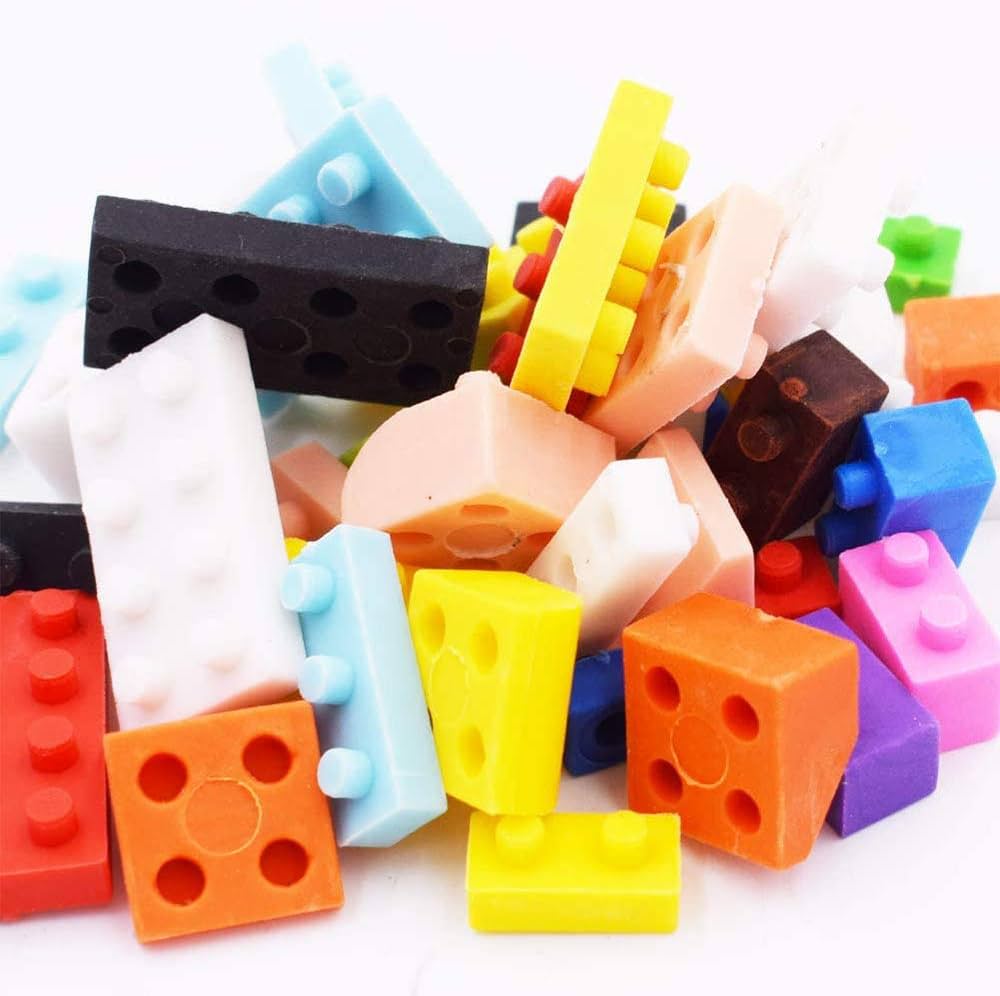Psychological aspects of outbreaks scale (PAOS): A validation study
Psychological aspects of outbreaks scale (PAOS): A validation study
Saziye Senem Basgul, Akif Avcu, Ibrahim Goksin Baser, Saadet Yapan, Filiz Mega, Burcu Oguzdogan, Vahdet Gormez
Aim: The aim of this study was set to develop a measurement tool to understand adults’ attitudes towards pandemic and to provide evidence of its validity and reliability.
Material and Method: Items developed from a pool of 59 items were applied to 798 adults. The exploratory factor analysis was made on the data collected, and the size of the measurement tool with factor extraction techniques was analyzed using SPSS and R statistical environment. In an iterative analysis of principal components, items that did not meet predefined criteria were removed and the 16-item final version of the Psychological Aspects of Outbreaks Scale was obtained. The final four-factor solution obtained with principal component analysis was also confirmed by the Exploratory Graph Analysis and Parallel Analysis. The second data collection was carried out by distributing the measurement tool to a group of 62 adults. Data were used to analyze the criterion validity and test-retest reliability of the measurement tool.
Results: The following names were given to the dimensions: fear of harm, considerations on precautions, intolerance of uncertainty, appreciation. PAOS’s significant relationships with other relevant constructs such as health anxiety, intolerance of uncertainty, and health cognitions supported criterion-related validity support its criterion-based validity. PAOS items had adequate level of internal consistency (α = .77) and test-retest reliability (r = .76).
Discussion: The Psychological Aspects of Outbreak Scale (PAOS) was a valid and reliable tool for evaluating people’s behavior, beliefs, and attitudes during the COVID-19 period.





